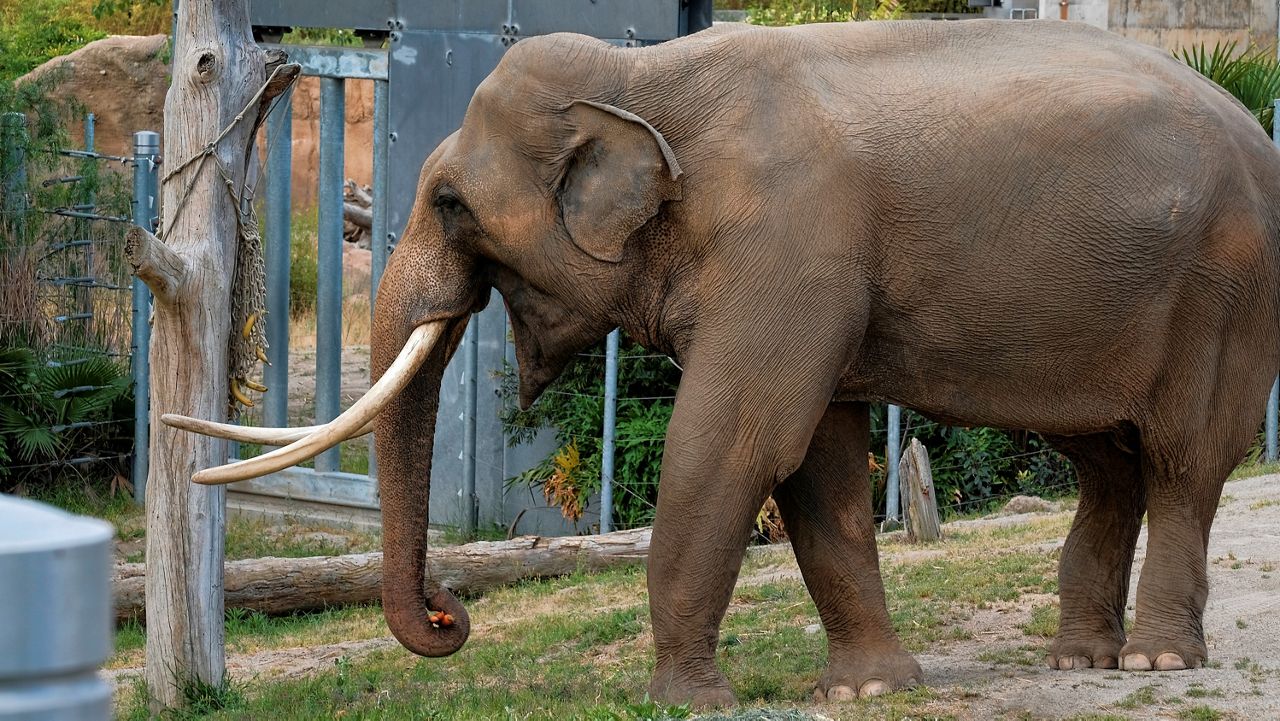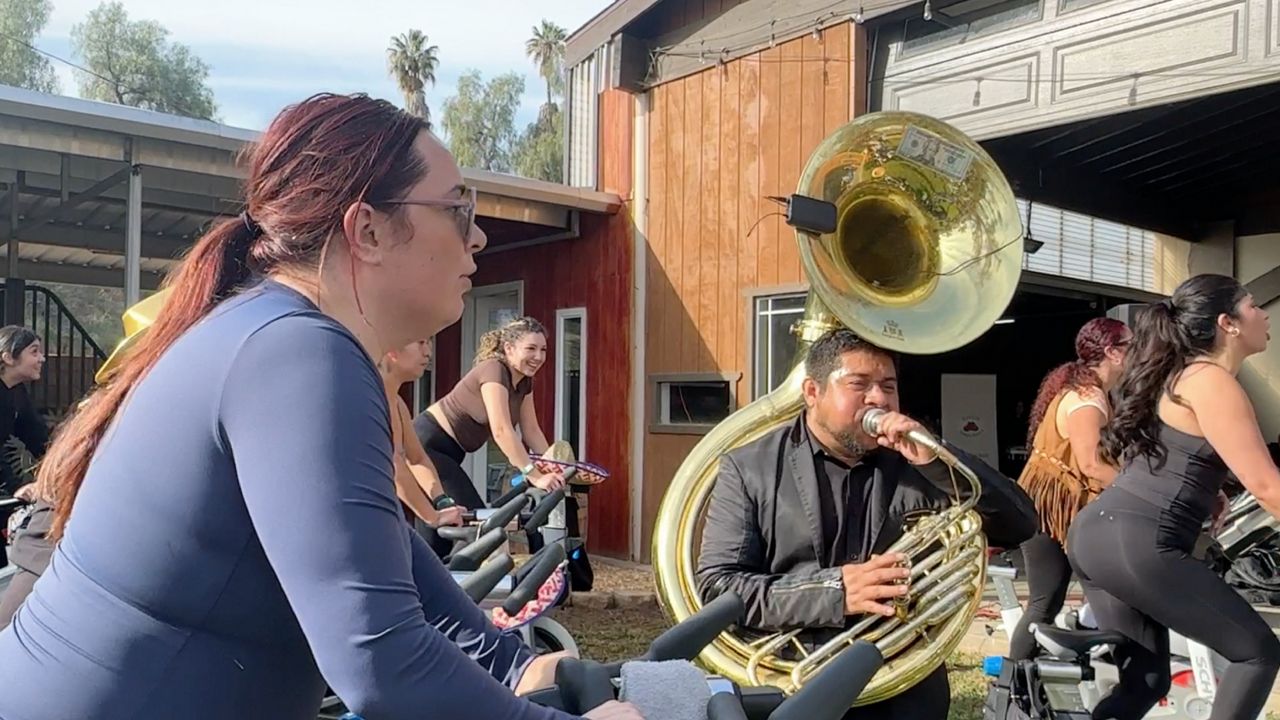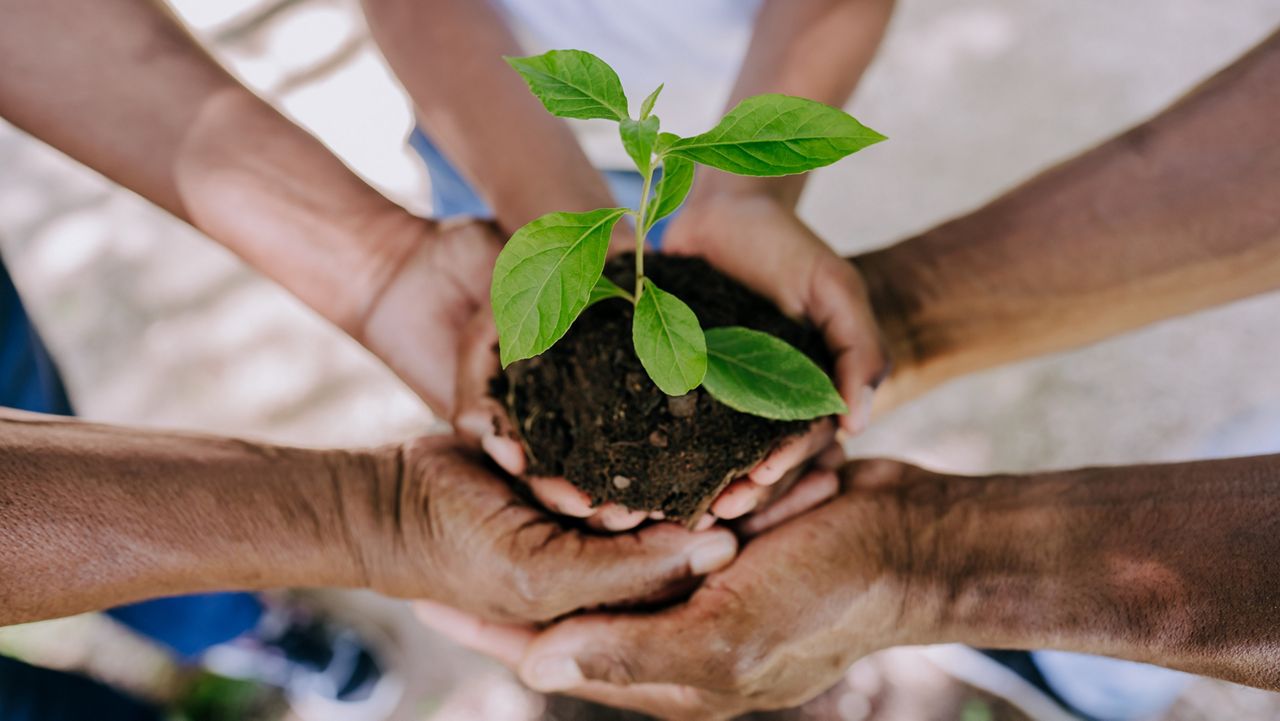TORRANCE, Calif. — With a new law comes new opportunity and one with purpose for Food Finders Associate Cesar Herrera.
“I’m here from Food Finders to pick up the donations from the bakery,” Herrera said.
Herrera was hired by Food Finders just three weeks ago.
The food rescue organization serves as a conduit between donors — like Ralph’s grocery stores — and people in need.
Coming from a low-income family, Cesar knows what it’s like to be on the receiving end of these donations.
“Sometimes food was scarce and we had to turn to food banks or pantries for groceries for my younger brothers and myself, so when this opportunity came up, I took it, I just want to give back," Herrera added.
It’s estimated that one-in-five Californians are food insecure, yet the state throws away more than six million tons of food waste every year, filling our landfills, and that waste releases toxic methane emissions into the air.
So a new law aims to help, recovering 20% of edible food waste by 2025.
The first tier starts now, requiring commercial food generators like grocery stores to donate edible food that would otherwise be tossed.
Ralph’s Director of Corporate Affairs John Votava, says the grocery chain started this process back in 2017 with its Zero Hunger Zero Waste campaign, and in 2020 alone donated six million pounds of food.
“We’re doing the best that we can to ensure that people are getting food when they need it the most, and that we are wasting as little as possible," Votava said.
Once the food from Ralph’s is loaded into the van, it then arrives at Saint Margaret Mary Church in Lomita.
The food rescue distributes daily and demand has soared since COVID.
Recipient Gloria is one of many similar stories, laid off during the pandemic, but with six mouths to feed.
The food rescue has helped her family immensely, and she doesn’t know where they’d be without it.
“It would be really hard, it would be really tough," Gloria said.
And Herrera knows that feeling, of being hungry and needing a lifeline, which is why he’s here today as a provider.
“There’s no better feeling than helping somebody in need,” Herrera said. We’re not here by ourselves, I think we should help each other out.”











